Predictions & Data for this entry
| Model: hax | climate: Cfb, Dfb, Dfc | migrate: | phylum: |
| COMPLETE = 2.7 | ecozone: THp | food: bjCi | class: |
| MRE = 0.112 | habitat: 0eFl, 0eFp, 0eFm, eiTg | gender: D | order: |
| SMSE = 0.032 | embryo: Fs | reprod: Os | family: |
Zero-variate data
| Data | Observed | Predicted | (RE) | Unit | Description | Reference |
|---|---|---|---|---|---|---|
| ab | 1.044 | 1.206 | (0.1553) | d | age at birth | Parm1969 |
| tj | 52 | 53.21 | (0.02334) | d | time since birth at pupation | Wier1984 |
| te | 3 | 1.198 | (0.6007) | d | time since pupation at emergence | Buen1990 |
| am | 10 | 9.925 | (0.007484) | d | life span as imago | BereBons2002 |
| Wd0 | 1.63e-06 | 1.107e-06 | (0.3207) | g | initial dry weight | Buen1990 |
| Wwj | 0.00561 | 0.006342 | (0.1305) | g | wet weight of pupa | Buen1990 |
| Wwe | 0.00233 | 0.002739 | (0.1754) | g | wet weight of imago | Buen1990 |
| Wde | 0.0007 | 0.0004656 | (0.3349) | g | dry weight of imago | Buen1990 |
| Ni | 283 | 311.2 | (0.09952) | # | total number of eggs | Ratt1977 |
Uni- and bivariate data
| Data | Figure | Independent variable | Dependent variable | (RE) | Reference |
|---|---|---|---|---|---|
| tWw_f | 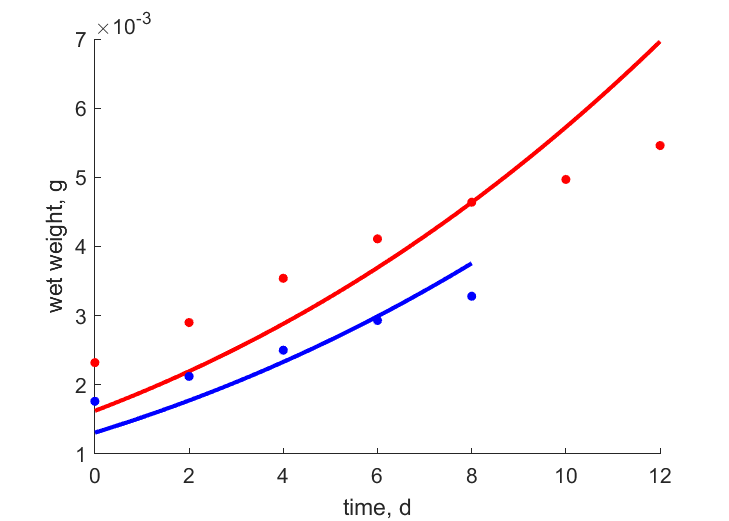 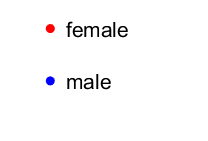 | time | wet weight | (0.1697) | Buen1990 |
| tWw_m |   | time | wet weight | (0.1196) | Buen1990 |
| WN | 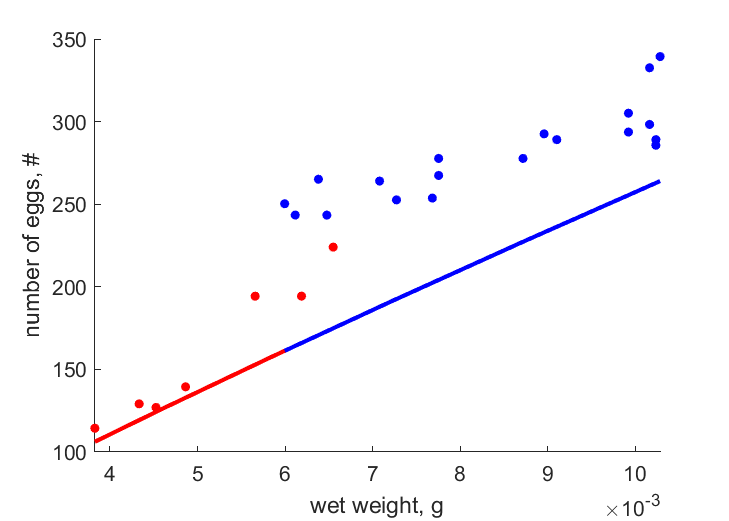 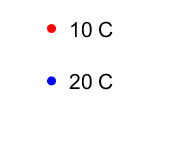 | wet weight | number of eggs | (0.1304) | Buen1990 |
| WN_2 |   | wet weight | number of eggs | (0.2145) | Buen1990 |
| tL | 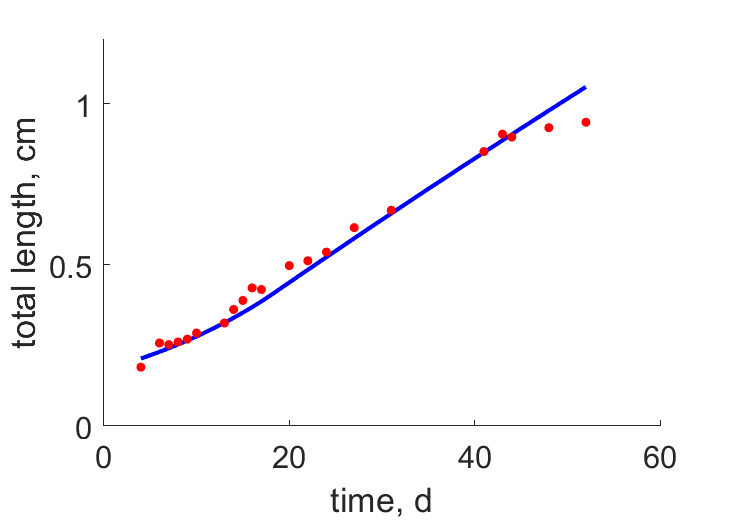 | time | total length | (0.05396) | Wier1984 |
| tLi | 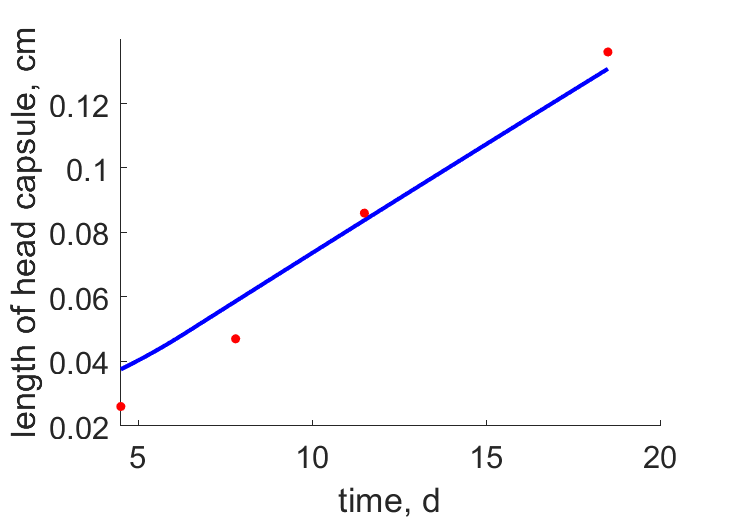 | time | length of head capsule | (0.1038) | Swif1992 |
Pseudo-data at Tref = 20°C
| Data | Generalised animal | Chaoborus crystallinus | Unit | Description |
|---|---|---|---|---|
| v | 0.02 | 0.06135 | cm/d | energy conductance |
| kap | 0.8 | 0.6585 | - | allocation fraction to soma |
| kap_R | 0.95 | 0.95 | - | reproduction efficiency |
| p_M | 18 | 33.27 | J/d.cm^3 | vol-spec som maint |
| k_J | 0.002 | 0.002 | 1/d | maturity maint rate coefficient |
| kap_G | 0.8 | 0.8065 | - | growth efficiency |
Discussion
- males are assumed to differ from females by {p_Am} only
- They overwinter in the larval stage (most 4th instar) but in summer they can also have a second generation which lifecycle is completed in 44 days
Facts
- C. crystallinus lives mainly as a larvea with 4 instar stadia (Ref: Wiki)
- At emergence it lives for a few more days without eating and lays eggs. In its larval stage it is benthic (Ref: Wiki)
- Chaoborus larva has modified antennae with which is can grap small prey, such as crustaceans, chironomid larvae, olichochaetes (Ref: chebucto)
Bibliography